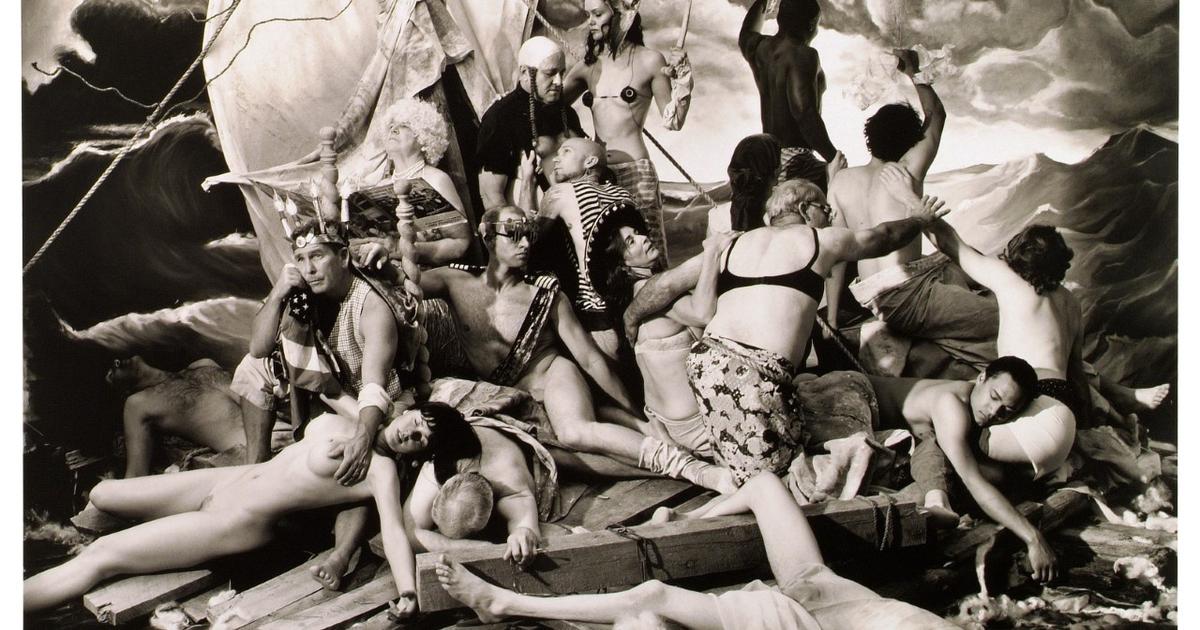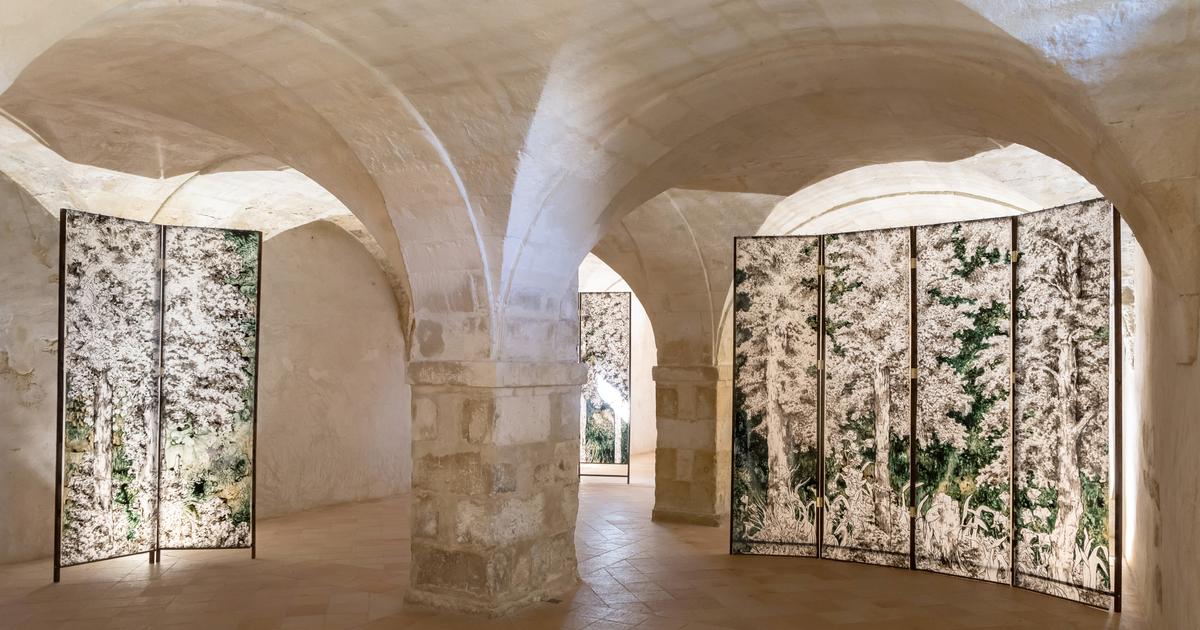“We barely received a few protest emails, and that was enough to push back the town hall of Rambouillet!”
Baudoin Lebon's incomprehension can be heard on the other end of the line.
The gallery owner, who has exhibited photographer Joel-Peter Witkin for more than forty years, must now manage what he considers to be censorship from the town hall of Rambouillet, which has exhibited his works at the palace of the King of Rome for October 29.
It all starts with this new exhibition by the photographer, planned by the town hall, in partnership with La Chapelle de Clairefontaine.
Joel-Peter Witkin, whose works have already been exhibited abroad on numerous occasions - in Asia, Europe and Latin America in particular - finds himself in the spotlight in France, for this exhibition in Rambouillet.
At the same time, some of his photographs are also exhibited at the Louvre, for the temporary exhibition
Les Choses
.
Nothing new for the American photographer, whose pictures with morbid accents and sometimes inspired by biblical or famous personalities, have already been exhibited in France.
In 2012, it was notably the subject of a major exhibition at the National Library of France, which
Cupid and Centaur In The Museum Of Love, Marseille, 1992
Joel Peter Witkin courtesy Baudoin Lebon
"It's disturbing work, but we've never received emails of this content
," says Baudoin Lebon, about these works which readily display naked, disabled or even deceased bodies.
At the beginning of December, when the exhibition had already started for several weeks, the municipality of Rambouillet received messages of protest against the photographer.
He is accused of exposing morbid fantasies for all to see.
"Men who present themselves as members of Catholic organizations explain his work would be blasphemous"
, sums up Baudoin Lebon.
These accusations are false for the gallery owner, insofar as the sulphurous work - he admits - of the photographer does not present any photography inspired by biblical paintings.
“The protesters were referring to certain representations of Saints made by Witkin, which were not even included in the exhibition,”
he continues.
To avoid controversy, the town hall of the city led by Véronique Matillon (labeled Divers right), chooses to redact the posters of the exhibition, which display naked bodies, without consulting the artist.
The municipality also removes the panels and other posters, which make it possible to find the building of the Palace of the King of Rome.
“Preventing people from accessing it amounts to censoring the works”
, regrets the gallery owner.
Contacted, the town hall did not respond to our requests.
The situation surprises the photographer who is known to be a devout Catholic himself.
“None of my exhibitions has ever provoked protest or led to any form of censorship, not even in China
,” snipes the artist in an interview with
Télérama
.
Irony of fate: with the controversy, the exhibition benefits from a significant Streisand effect.
"Since we tried to censor it, the photographs attract twice as many people
", welcomes Baudoin Lebon.
Joel-Peter Witkin.
The art and the way
is still visible at the Palace of the King of Rome, in Rambouillet until December 31.









